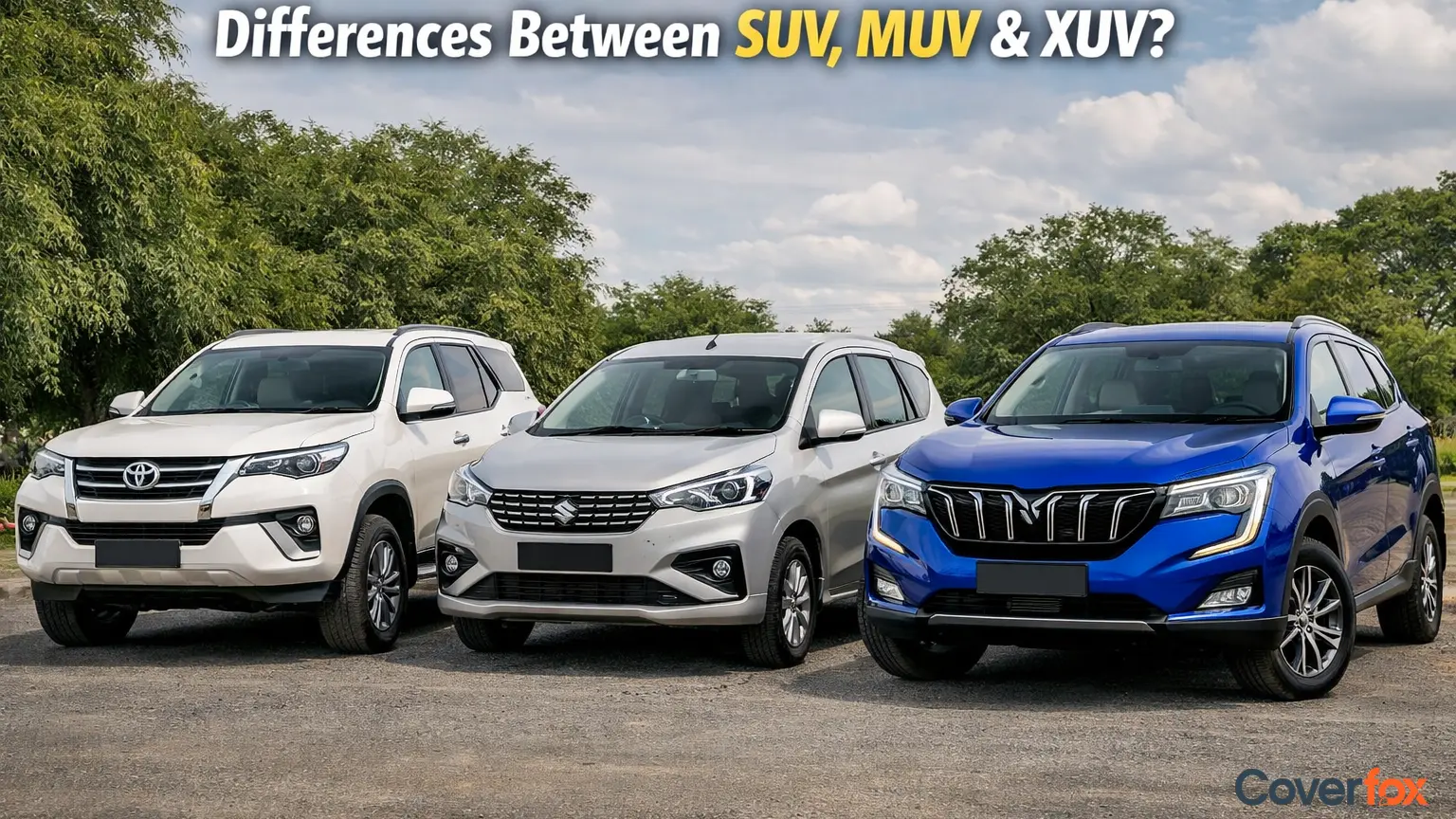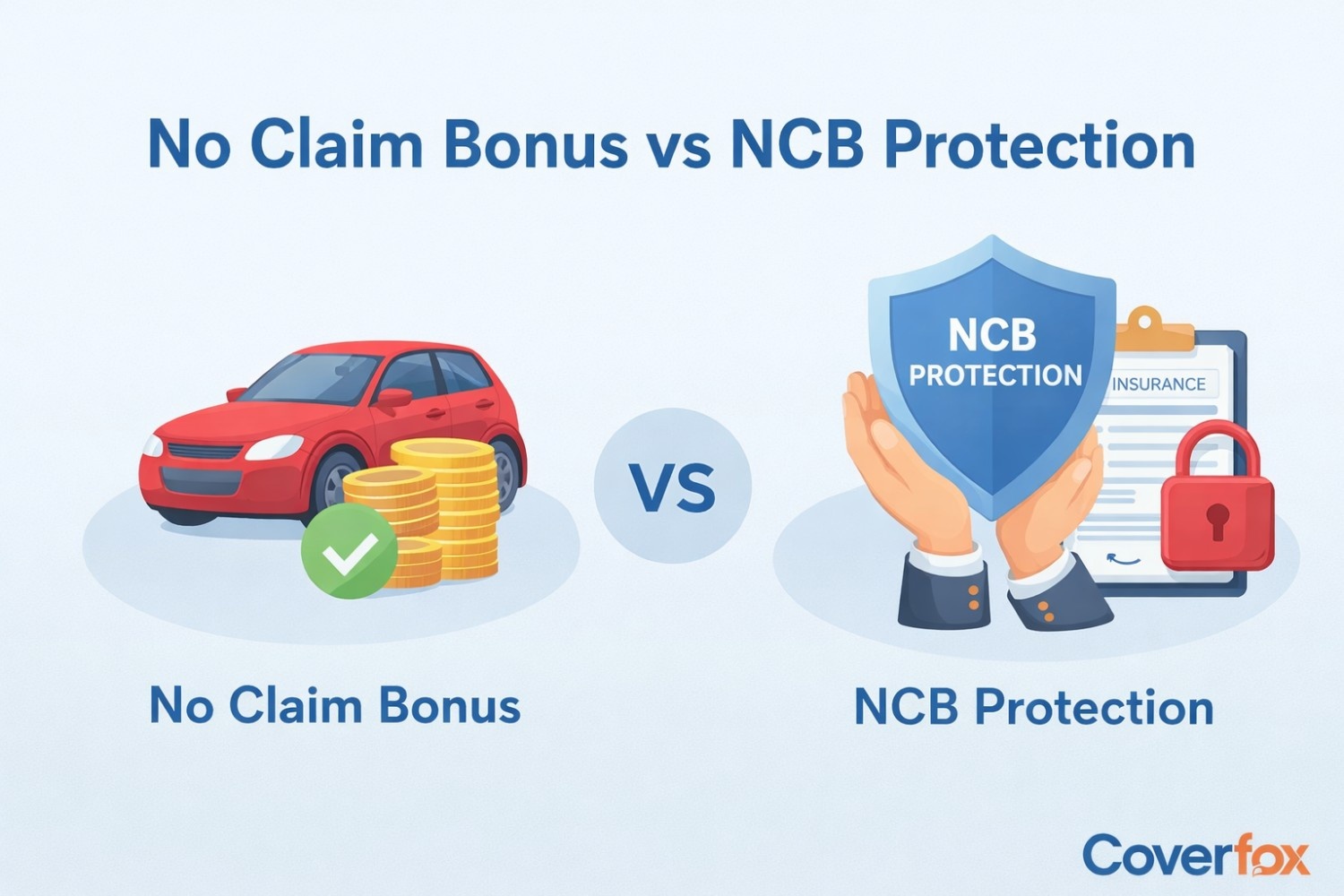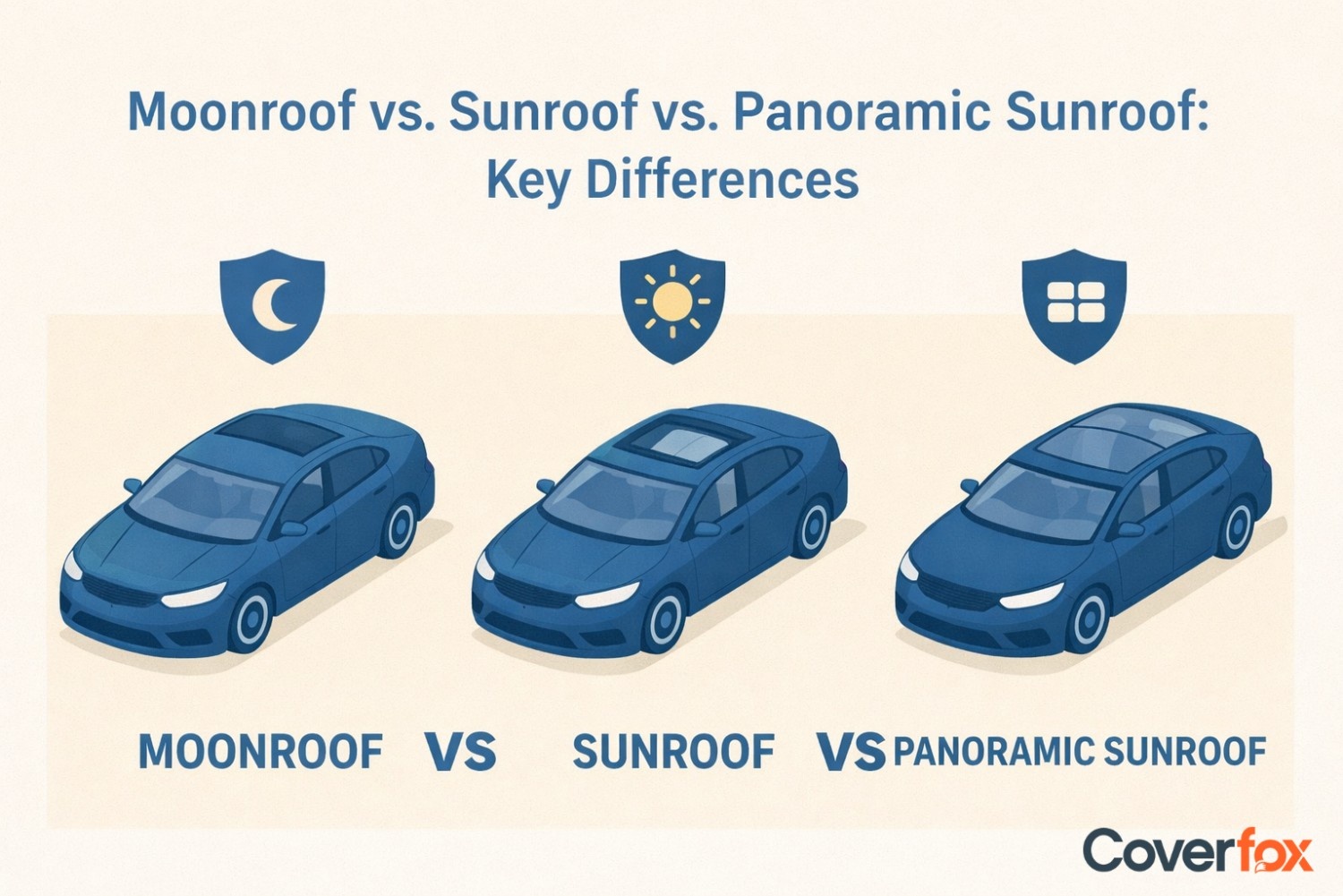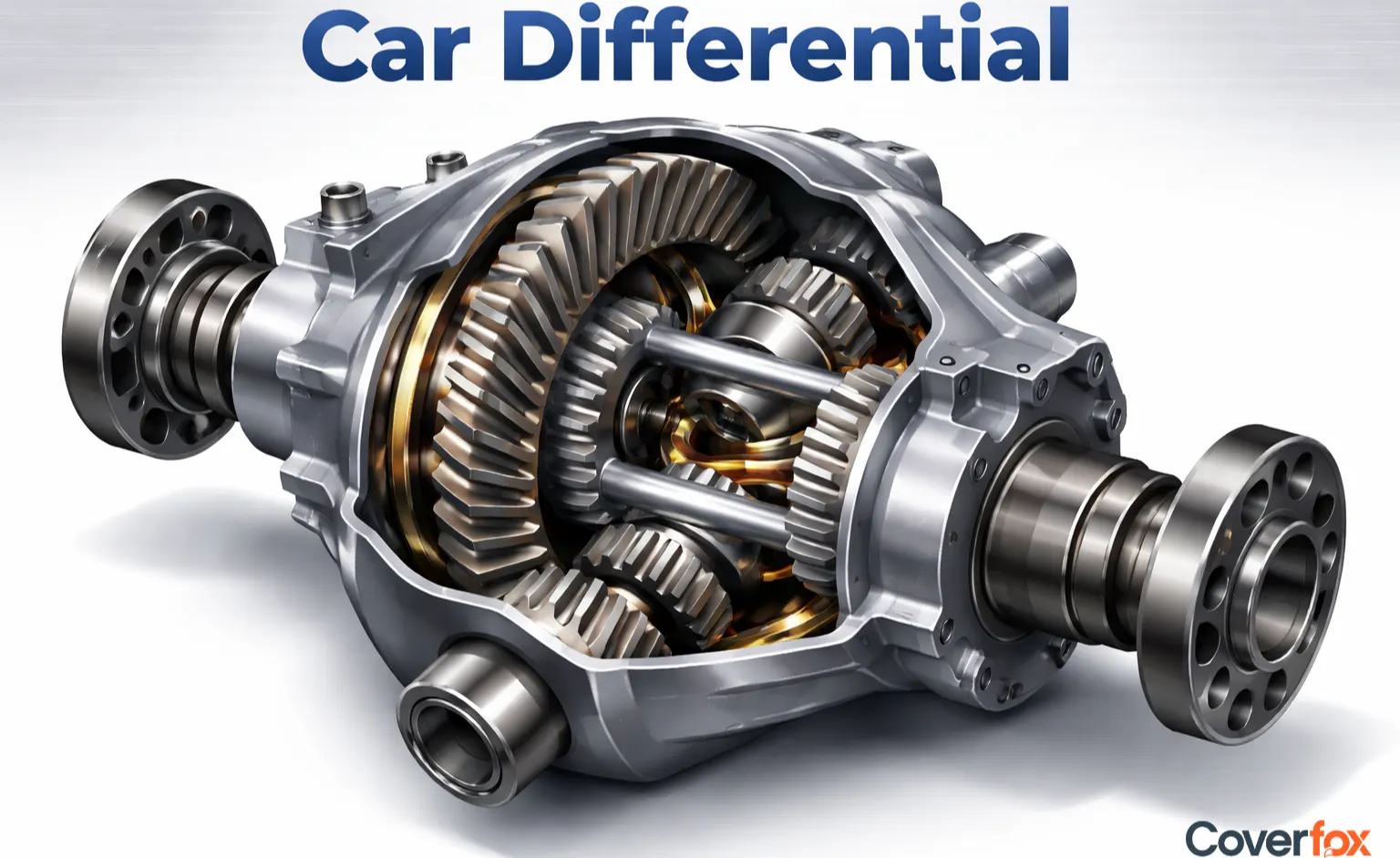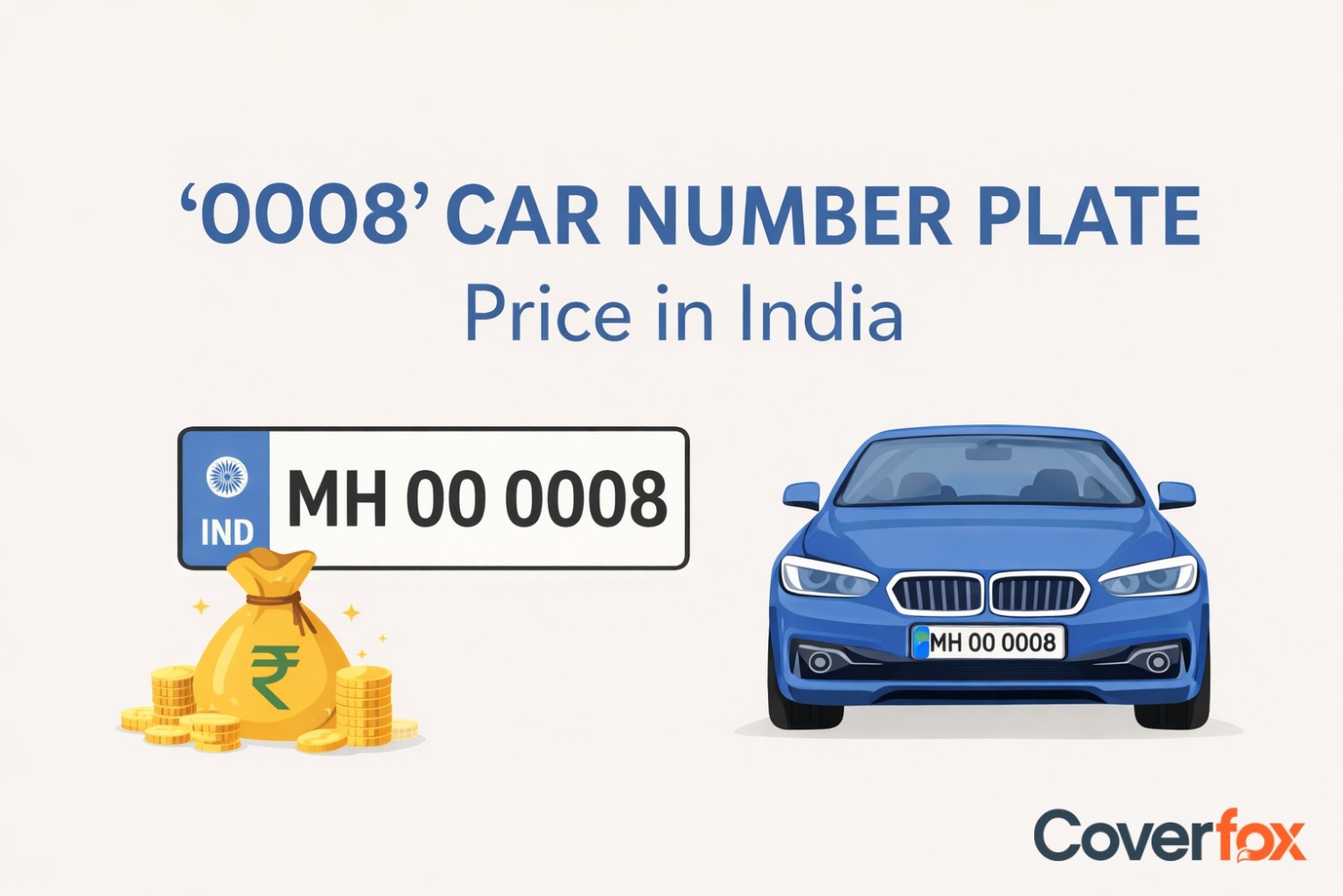Imagine this – You are running late for something, you rush to your car, press the start button or turn in your key, and the car just won’t start! Annoying and frustrating right? Well, now you have to figure out what is wrong with your car, and why is it not starting.

There could be multiple reasons why the car is not starting up, like the battery could have run out, engine breakdown, low fuel, or malfunctioning of certain components. Even certain weather conditions can affect the starting up of the car. It is important to understand the reason behind your car not starting, to have a quick fix and to ensure no breakdowns happen when you drive the car. We will enlighten you with the most common reasons for cars not starting up, and provide you with some tips and tricks to avoid landing in such trouble.
Common Reasons for Car Starting Problems
Understanding the reasons for your car not starting is the first step towards detecting a problem and getting it fixed. It will help you save money and time – both are precious when you are in a hurry. The reason can be as simple as low fuel or might get complicated like engine failure. If you know the reason, the fix and repair can be done faster, without ruining your wallet. Here are the most common reasons of car starting problems:
1. A Dead Battery
One of the most common reasons behind starting problems with a car is a dead battery. The clear indicators of a dead battery are no response lights on dashboard, car horn and headlights are not working. If these components are responsive, then it's not likely a dead battery problem.
2. Battery Terminal
Faulty or unclean battery terminals can hinder the start of a car. If you try to boot up your car, but it does not start and the headlights and car horn are working but very lightly, then its likely a battery terminal problem. The terminals could be corroded or must have a lot of dust/dirt settled on it.
3. Bad Alternator
If battery is not the main cause, then you should probably check your alternator. Bad alternators can mess up the battery charging system. One of the clear indicators of a bad alternator is the sign on the dashboard. If the warning sign is lit up, then most likely it is a faulty or bad alternator. Other clear tells of a bad alternator is the car starts up but in a short moment stalls or stops working.
4. Ignition Switch Issues
This is pretty clear to identify. If you try to start the car using the ignition switch but you do not hear any sound or response, but the horn and headlights are working just fine, it is probably a faulty ignition switch. However, to be completely sure, a mechanic should give it a look and check if it is the engine problem or just the ignition switch has issues.
5. Key Fob Not Working
Their key fob can also be a problem. If the ignition button works, and everything else seems fine, but the car is still unresponsive to the ignition start, you should check the key fob if it's getting detected by the car. To check this, try unlocking or locking the door of the car. If that is working, the problem is something else.
6. Faulty Starter Motor
Faulty starter motor is another common problem in starting up a car. To identify this problem, it's a bit tricky – you need to hear the engine click sound when you try to start up the car. When you press the ignition switch, look out for a single click sound. If you do not hear that, then it's likely a starter motor problem, which can only be fixed by replacing the starter or repairing it through a mechanic.
7. Blown Fuse
Blown fuses or burnt/damaged fuses also are a major hindrance in starting up the motor car. To look out for damaged fuses, you need to check the manual provided by your car’s manufacturer. In your fuse box, check for burnt smell, corroded fuses, or any damages to the fuse. Replace them as soon as possible, and if the issue still persists then its probably something else.
8. Clogged Fuel Filter
Fuel filters can be clogged due to outside pollutants and dirt. This prevents the fuel from reaching the engine. Clear indicators of a clogged fuel filter is the absence of the pungent fuel smell when you try to ignite the engine. Other indicators include a rough start up, stalling before complete shut downs.
9. No Fuel
This is pretty obvious. If your car is out of fuel, it won’t start up. You might need to check it manually if there is any fuel left in the fuel tank. Ensure you fuel up your car regularly to avoid any component damages.
Troubleshooting Car Starting Issues
Here are a few troubleshooting tips you can do to check car starting issues:
Check the Battery
Signs: Dim lights, clicking noise, dashboard lights flicker
Possible Causes: Dead battery, loose or corroded terminals
Inspect the Starter Motor
Signs: Loud single click or no sound at all
Possible Causes: Faulty starter motor or solenoid
Examine the Fuel System
Signs: Engine cranks but doesn’t start, no fuel smell during ignition
Possible Causes: Empty fuel tank, fuel pump failure, clogged fuel filter
Look at the Ignition System
Signs: Engine turns but doesn’t ignite
Possible Causes: Faulty ignition switch, worn-out spark plugs, broken coil
Verify the Engine Immobiliser or Key Fob
Signs: Immobiliser light stays on or key not detected
Possible Causes: Faulty key fob, immobiliser malfunction
Check the Fuses and Relays
Signs: Nothing happens when you turn the key, burnt smell from the fuse box
Possible Causes: Blown fuse or faulty relay (starter, ignition, fuel pump)
When to Call for Help
- You’ve ruled out basic causes but the car still won’t start
- Starter motor or ECU issues are suspected
- Strange sounds (grinding, whining) persist
How to Fix Common Car Starter Problems?
This table will provide you with quick fixes for the most common car starter problems:
| Component | Common Issues | Repairs |
|---|---|---|
| Battery | Dead battery, loose/corroded terminals | Recharge or replace battery, clean and tighten terminals, jump start using other vehicle |
| Starter Motor | Clicking sound, no crank, motor not engaging | Replace starter motor, check and repair solenoid, inspect wiring |
| Ignition Switch | No dashboard lights, engine doesn’t crank | Test and replace ignition switch, check for key damage |
| Fuel System | Cranks but doesn’t start, fuel not reaching engine | Refill tank, replace fuel filter, test and replace fuel pump or relay |
| Spark Plugs / Coils | Engine turns but no ignition, rough cranking | Clean or replace spark plugs, inspect and replace faulty ignition coils |
| Alternator | Battery keeps draining after start | Test alternator output, replace faulty alternator, check belt condition |
| Security System | Immobiliser light stays on, key not recognised | Use spare key, replace key fob battery, reset or reprogram security system |
Tips to Avoid Car Starting Problems
These tips ensures proper car startups, less issues more driving:
- Clean battery terminals regularly and check for corrosion.
- Drive the car weekly to keep the battery charged.
- Get the car serviced at recommended intervals.
- Replace spark plugs and inspect ignition components periodically.
- Park in shaded or covered areas to protect against extreme temperatures.
- Avoid using electronics when the engine is off.
- Keep the fuel tank at least one-quarter full.
- Perform seasonal checks on battery, fluids, and belts.
- Watch for warning signs like slow cranking or dashboard alerts.
- Test the alternator and starter system before peak seasons.
Key Takeways
As we saw, most common car startup problems are easily identifiable. Fast diagnosis = Fast repairs, save money on identifying the problem and save time on trying to fix that problem. Car insurance ensures repair costs do not take a lot from your wallet. Especially having add-ons like engine protection cover and consumable covers will help you save a lot of money and a lot of hassle. Get best car insurance online through Coverfox, and remember these common causes and their solutions to not miss out on occasions due to a faulty car start up.
Read More:
Car Maintenance Tips to Prevent Expensive Repairs
Check Engine Light: Causes and What It Means
How to Transfer Your Car Insurance Policy
Frequently Asked Questions
My car’s battery is good, but the engine is not starting. How to fix the problem?
If the battery is fine, check the starter motor, ignition switch, fuel system, and immobiliser. A faulty starter, bad spark plugs, or fuel delivery issues could be the cause.
My car has been parked for a long time, and now it won’t start. What’s the reason?
The most likely cause would be battery drainage. Try jump-starting the car.
How do I know if the problem is with the battery or the starter motor?
If you hear a clicking sound or no response at all, it may be the battery. If the lights work but the engine doesn’t crank, the issue is likely with the starter motor.
Why is my car suddenly having trouble starting?
Sudden starting trouble can result from a weak battery, loose terminals, faulty ignition switch, fuel delivery issues, or even extreme weather conditions.
Does a fuel pump affect car starting?
Yes, a malfunctioning fuel pump can prevent fuel from reaching the engine, affecting car start up.
